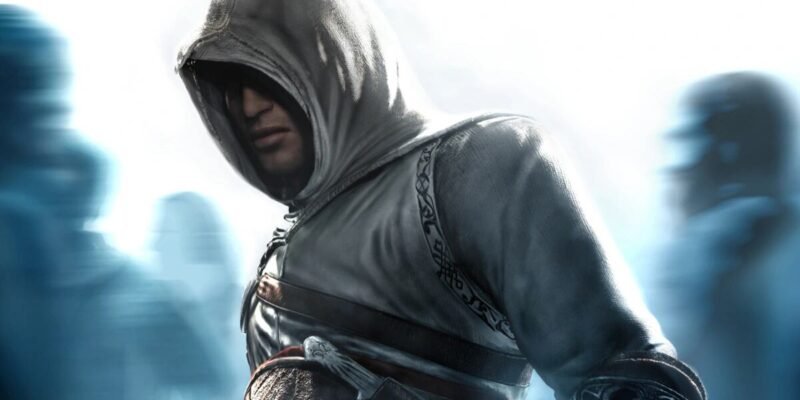A Story Across Centuries
At the heart of Assassin’s Creed is the Animus, a device that allows modern-day characters to relive the memories of their ancestors. This unique narrative framework enables the series to bridge past and present seamlessly. Players embark on adventures through ancient civilizations, the Renaissance, and even the Industrial Revolution while uncovering an overarching conspiracy involving the Assassins and the Templars.
The juxtaposition of historical events with modern-day intrigue creates a multilayered narrative. Each entry in the franchise builds on the lore, deepening the connection between players and the ongoing battle for freedom and control.
Iconic Characters and Their Arcs
The series’ success is primarily attributed to its richly developed characters. Each protagonist has a distinct personality and backstory, which allows players to form deep connections with them. One of the most beloved characters is Ezio Auditore da Firenze, the protagonist of Assassin’s Creed II, Brotherhood, and Revelations.
Ezio’s journey from a carefree young man to a wise Mentor of the Assassin Brotherhood is one of the most compelling arcs in gaming history. His charisma, intelligence, and sense of duty make him a standout figure. His popularity is reflected in the demand for Ezio costume, a fan favorite for cosplay and conventions.
Themes of Freedom and Control
One of the central themes in Assassin’s Creed is the struggle between freedom and control, embodied by the conflict between the Assassins and the Templars. The Assassins value free will and individuality, while the Templars seek order and security, often at the expense of personal freedom.
This philosophical conflict adds depth to the story, making players question the morality of both sides. The series’ nuanced portrayal of these ideologies ensures that it remains thought-provoking, transcending the typical action-adventure genre.
Immersion Through Historical Accuracy
Another standout feature of the Assassin’s Creed series is its commitment to historical authenticity. The developers painstakingly recreate iconic landmarks, cultural practices, and significant events from various eras. This attention to detail enhances the gameplay experience and serves as an educational tool, introducing players to the nuances of different periods in history.
The historical settings are also brought to life through meticulously designed costumes. From the Renaissance-era garb of Ezio to the Viking attire of Eivor, the Assassins’ wardrobes are both functional and visually stunning. Fans often celebrate this artistry by donning Assassins Creed costumes, allowing them to step into the shoes of their favorite characters.
Modern-Day Connections
While the historical narratives are the main attraction, the modern-day segments of Assassin’s Creed provide a framework that ties the series together. Through characters like Desmond Miles and Layla Hassan, players uncover how the Animus and the struggle between Assassins and Templars affect the present day.
Although the modern segments have received mixed reviews, they remain crucial to the overarching narrative, offering a sense of continuity across the franchise.
Expanding the Lore
The Assassin’s Creed universe continues to expand beyond video games. Novels, comics, and a live-action movie adaptation have further explored the series’ lore. These additional media provide fans with deeper insights into the world of Assassins and Templars, enriching their understanding of the franchise.
Cultural Impact and Legacy
The storytelling prowess of Assassin’s Creed has cemented its place as a cultural touchstone. Its influence extends beyond gaming, inspiring works of fiction, and even academic discussions about history and narrative design.
Additionally, the franchise’s impact on fashion and cosplay is undeniable. Costumes inspired by the series, particularly the Ezio costume, have become iconic fandom symbols. These outfits capture the essence of the characters while celebrating the artistry of the game’s design team.
Conclusion
The narrative structure of Assassin’s Creed is a testament to the power of storytelling in gaming. By blending historical accuracy with fictional intrigue, the series has created an immersive and expansive universe. Its themes, characters, and attention to detail have resonated with players for over a decade, ensuring its legacy as one of the most innovative franchises in gaming history.
Whether you’re exploring ancient ruins or modern-day conspiracies, Assassin’s Creed offers an unparalleled narrative experience that continues to inspire and captivate audiences worldwide.
Also read interesting articles at Disborad.co.uk













